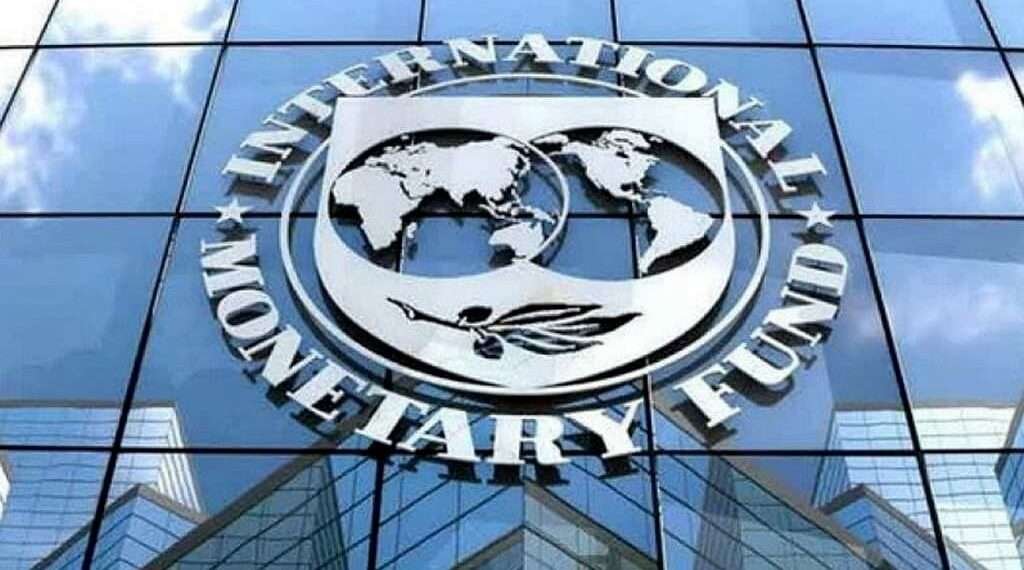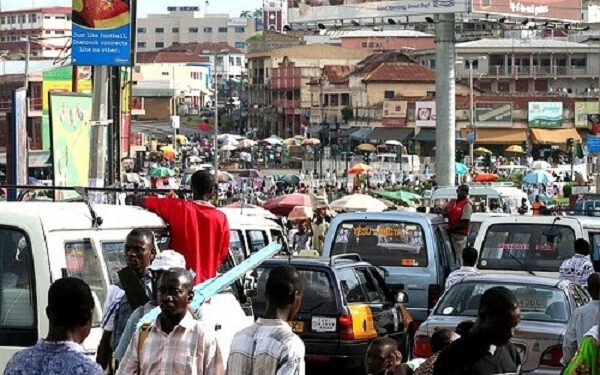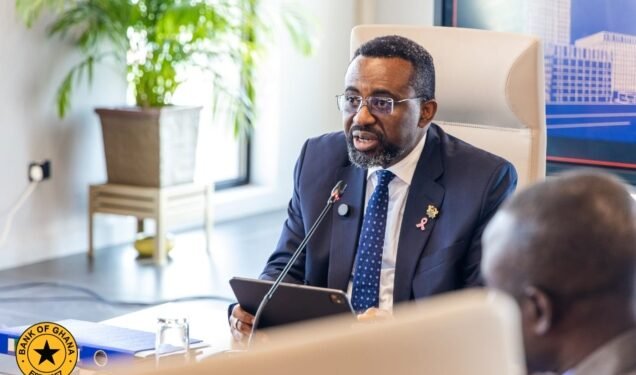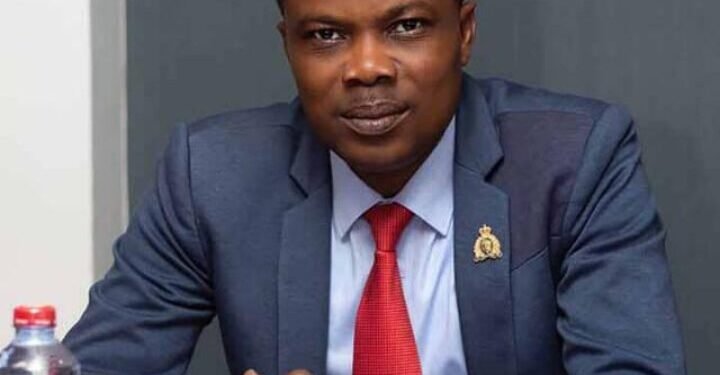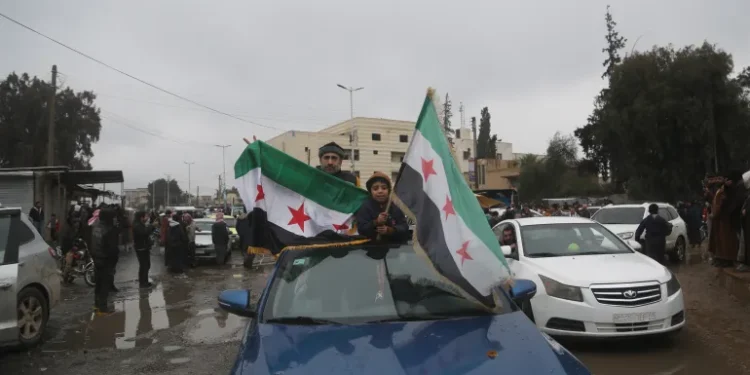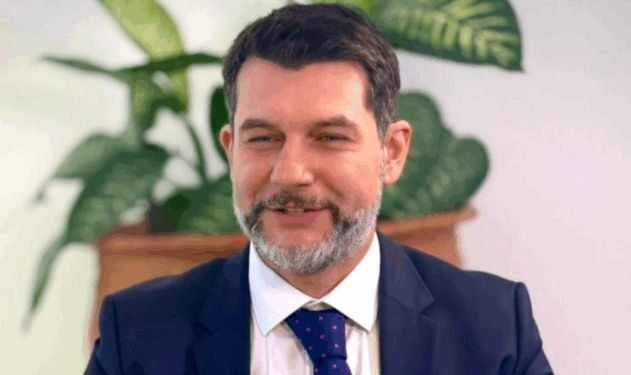An International Monetary Fund (IMF) staff team led by Carlo Sdralevich visited Accra between July 6-13, 2022, to assess the current economic situation and discuss the broad lines of the government’s Enhanced Domestic Program that could be supported by an IMF lending arrangement.
The IMF team met with H.E. Vice President Bawumia, Finance Minister Ofori-Atta, and Governor Addison of the Bank of Ghana. The team also met with the Parliament’s Finance Committee, civil society organizations, and development partners, including UNICEF and the World Bank to engage on social spending.
At the conclusion of the mission, Mr. Sdralevich issued a statement which acknowledged that Ghana is facing a challenging economic and social situation amid an increasingly difficult global environment.
Worsened fiscal and debt situation
Mr. Sdralevich indicated in the statement that the fiscal and debt situation has severely worsened following the COVID-19 pandemic. At the same time, investors’ concerns have triggered credit rating downgrades, capital outflows, loss of external market access, and rising domestic borrowing costs, he disclosed.
“In addition, the global economic shock caused by the war in Ukraine is hitting Ghana at a time when the country is still recovering from the Covid-19 pandemic shock and with limited room for maneuver. These adverse developments have contributed to slowing economic growth, accumulation of unpaid bills, a large exchange rate depreciation, and a surge in inflation”.
Carlo Sdralevich
Commenting on the discussions during the Fund’s visit to the West African nation, Mr. Sdralevich revealed that the IMF team held initial discussions on a comprehensive reform package to restore macroeconomic stability and anchor debt sustainability.
“The team made progress in assessing the economic situation and identifying policy priorities in the near term. The discussions focused on improving fiscal balances in a sustainable way while protecting the vulnerable and poor; ensuring credibility of the monetary policy and exchange rate regimes; preserving financial sector stability; and designing reforms to enhance growth, create jobs, and strengthen governance”.
Carlo Sdralevich
IMF Continues to monitor economic and social situation
The Fund indicated it will monitor the situation and help the country roll out its proposed program to address the current challenges. The Fund also pledged its continuous support for the country as it navigates the current economic crisis.
“IMF staff will continue to monitor the economic and social situation closely and engage in the coming weeks with the authorities on the formulation of their Enhanced Domestic Program that could be supported by an IMF arrangement and with broad stakeholders’ consultation. We reaffirm our commitment to support Ghana at this difficult time, consistent with the IMF’s policies”.
Carlo Sdralevich
The statement further highlighted that the “Staff express their gratitude to the authorities, civil society, and development partners for their constructive engagement and support during the mission”.
Prior to the staff visit, Mr. Sdralevich disclosed in an official statement that “On the basis of a request from the Ghanaian authorities, an IMF staff team will, in the coming days, kick-start discussions on a possible program to support Ghana’s homegrown economic policies. We are at an early stage in the process, given that detailed discussions are yet to take place”.
The Mission Chief for Ghana further assured that “The IMF stands ready to assist Ghana to restore macroeconomic stability, safeguard debt sustainability, and promote inclusive and sustainable growth, and address the impact of the war in Ukraine and the lingering pandemic”.
READ ALSO: Think Progress Ghana Urges Government To Adhere To A Strict Fiscal Program

